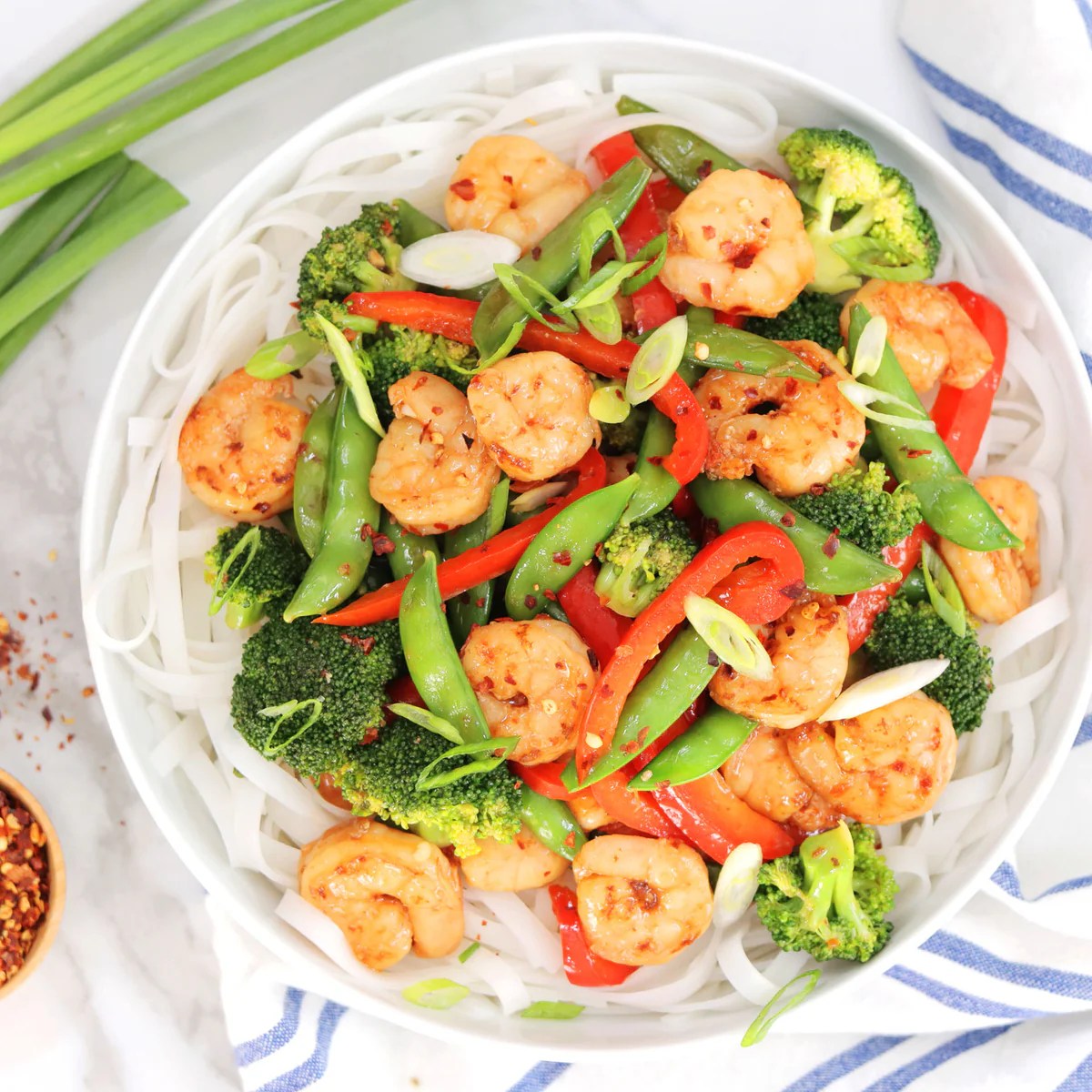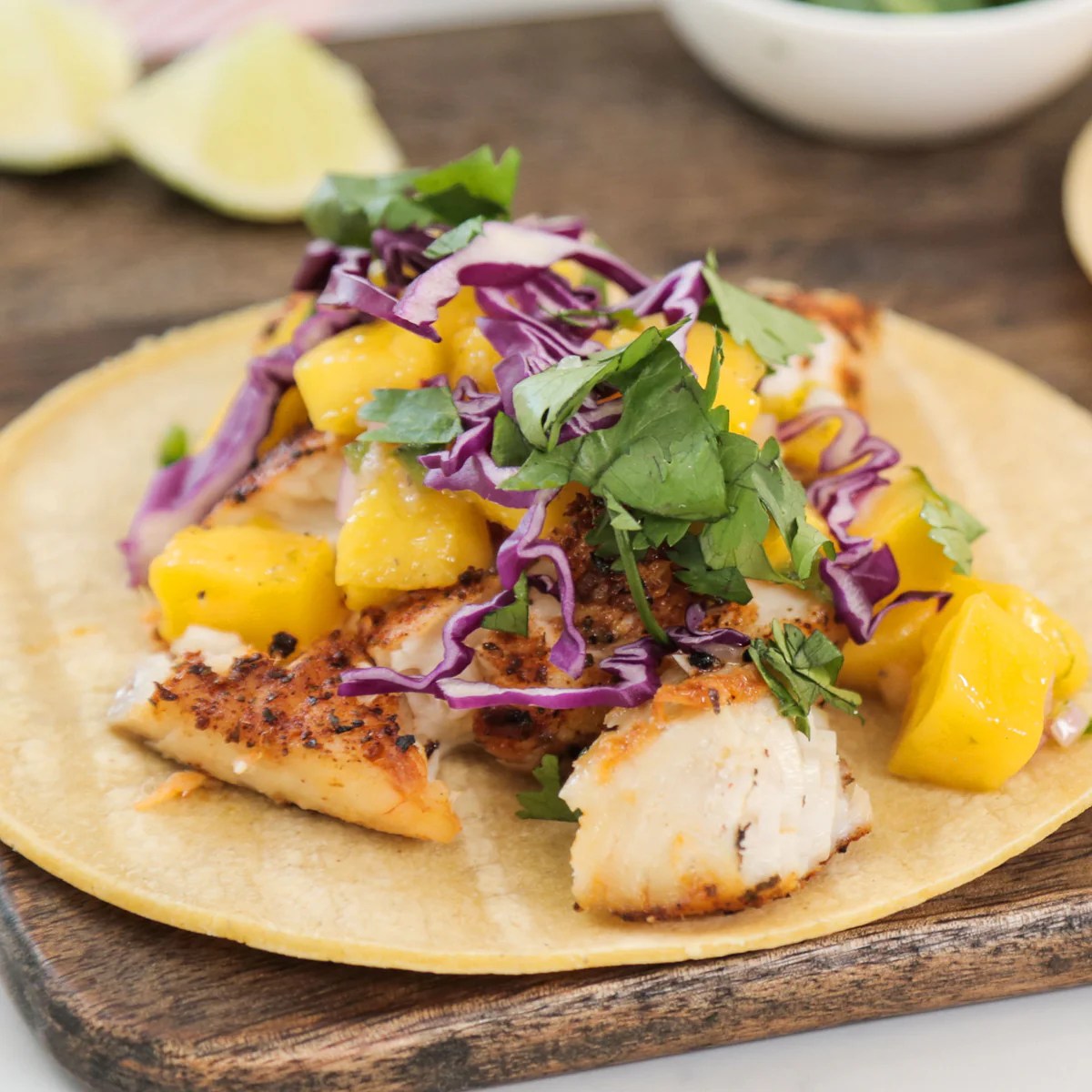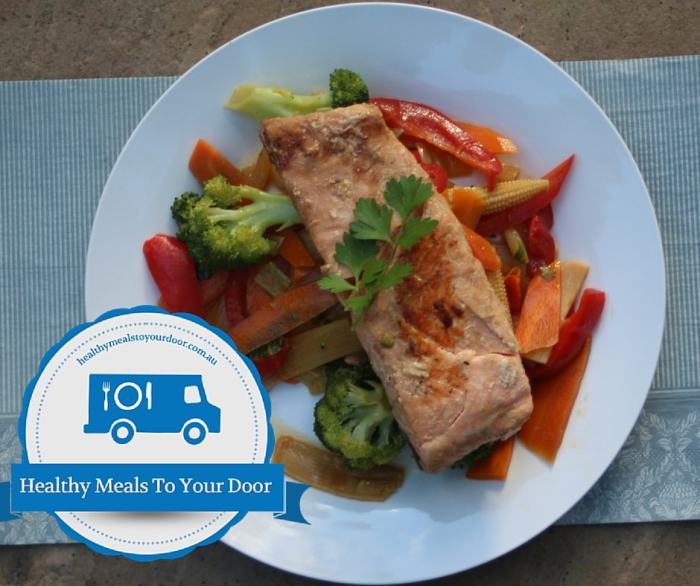Embark on a culinary adventure with our pescatarian meal plan week, where the flavors of the sea meet the vibrant colors of fruits and vegetables. Discover the transformative power of a pescatarian diet, as we delve into its health benefits, delectable recipes, and practical tips for effortless meal preparation.
Join us on this journey to unlock the secrets of a pescatarian lifestyle, empowering you with the knowledge and inspiration to embrace a healthier, more sustainable way of eating.
Meal Plan Overview

A pescatarian diet is a vegetarian diet that includes seafood. It is a healthy way to eat that provides many benefits, including reducing the risk of heart disease, stroke, and cancer. This 7-day pescatarian meal plan provides a variety of delicious and nutritious meals that will help you reach your health goals.
This meal plan includes a variety of seafood, fruits, vegetables, and whole grains. It is important to choose a variety of foods from each food group to ensure that you are getting all the nutrients you need. Seafood is a good source of protein, omega-3 fatty acids, and other nutrients.
Fruits and vegetables are good sources of vitamins, minerals, and fiber. Whole grains are a good source of fiber, complex carbohydrates, and other nutrients.
Sample 7-Day Pescatarian Meal Plan
Day 1
- Breakfast: Oatmeal with berries and nuts
- Lunch: Salad with grilled salmon, quinoa, and vegetables
- Dinner: Salmon with roasted vegetables
- Snacks: Apple with peanut butter, yogurt
Day 2
- Breakfast: Scrambled eggs with whole-wheat toast
- Lunch: Leftover salmon with quinoa and vegetables
- Dinner: Tuna salad with mixed greens
- Snacks: Banana, trail mix
Day 3
- Breakfast: Smoothie made with fruit, yogurt, and milk
- Lunch: Salad with grilled shrimp, avocado, and vegetables
- Dinner: Fish tacos with brown rice
- Snacks: Hummus with vegetables, apple
Day 4
- Breakfast: Whole-wheat pancakes with fruit
- Lunch: Leftover fish tacos
- Dinner: Grilled tilapia with roasted vegetables
- Snacks: Yogurt, banana
Day 5
- Breakfast: Oatmeal with fruit and nuts
- Lunch: Salad with tuna, beans, and vegetables
- Dinner: Shrimp scampi with whole-wheat pasta
- Snacks: Apple with peanut butter, trail mix
Day 6
- Breakfast: Scrambled eggs with whole-wheat toast
- Lunch: Leftover shrimp scampi
- Dinner: Grilled salmon with quinoa and vegetables
- Snacks: Banana, yogurt
Day 7
- Breakfast: Smoothie made with fruit, yogurt, and milk
- Lunch: Salad with grilled tuna, avocado, and vegetables
- Dinner: Fish tacos with brown rice
- Snacks: Hummus with vegetables, apple
Meal Preparation Tips

Meal prepping and cooking pescatarian meals can be a breeze with a few simple tips. By planning ahead and utilizing time-saving techniques, you can create delicious and nutritious meals without spending hours in the kitchen.
One key to successful meal prep is to choose recipes that are easy to make and can be easily reheated. This will save you time and effort during the week. When cooking, use pre-cut vegetables, canned beans, and frozen seafood to streamline the process.
Storage and Reheating
Proper storage and reheating are essential to ensure the safety and quality of your pescatarian meals. Store cooked fish and seafood in airtight containers in the refrigerator for up to 3 days. When reheating, use the microwave or stovetop over low heat until the food is warmed through.
For those considering a plant-based diet, there are two main options: vegetarian or pescetarian. Vegetarians abstain from all meat and poultry, while pescetarians include fish and seafood in their diet. Both diets offer health benefits, but the choice depends on personal preferences and dietary restrictions.
Sample Recipes: Pescatarian Meal Plan Week
Pescatarian diets are rich in a variety of nutrients, including omega-3 fatty acids, protein, and fiber. They are also relatively low in saturated fat and cholesterol. Here are three detailed pescatarian recipes that are easy to make and packed with flavor:
Grilled Salmon with Lemon and Dill, Pescatarian meal plan week
Ingredients:
- 1 pound salmon fillet, skin-on
- 1 tablespoon olive oil
- 1 lemon, zested and juiced
- 1 tablespoon chopped fresh dill
- Salt and pepper to taste
Instructions:
- Preheat your grill to medium-high heat.
- Brush the salmon fillet with olive oil and season with salt and pepper.
- Grill the salmon skin-side down for 4-5 minutes, or until the skin is crispy.
- Flip the salmon and grill for an additional 3-4 minutes, or until the salmon is cooked through.
- Remove the salmon from the grill and let it rest for a few minutes before serving.
- In a small bowl, combine the lemon zest, lemon juice, and dill.
- Pour the lemon-dill sauce over the salmon and serve immediately.
Nutritional Information:
Calories
250
Fat
15 grams
Protein
25 grams
Carbohydrates
5 grams
Health and Nutrition Considerations
A pescatarian diet, centered around fish and seafood, offers numerous nutritional benefits. It is rich in omega-3 fatty acids, which support heart and brain health. Additionally, fish is a valuable source of high-quality protein, essential vitamins, and minerals.
However, it is crucial to be aware of potential nutrient deficiencies associated with a pescatarian diet. These include vitamin B12, which is primarily found in animal products, and iron, which is less readily absorbed from plant sources. Vegetarians and vegans, who exclude all animal products, may also face a higher risk of vitamin D deficiency.
Meeting Nutrient Needs
To ensure adequate nutrient intake, pescatarians should focus on consuming a diverse range of fish and seafood, including fatty fish like salmon, tuna, and mackerel, which are rich in omega-3s. Plant-based sources of iron, such as leafy greens, lentils, and beans, should be included regularly.
Vitamin B12 supplements may be necessary for those who do not consume enough fortified foods or animal products.
Whether you’re seeking a healthier lifestyle or exploring ethical concerns, choosing between a vegetarian or pescetarian diet can be a personal journey. Vegetarianism excludes all meat, while pescetarianism allows for the consumption of fish and seafood. Understanding the nuances of each approach empowers you to make informed decisions that align with your values and nutritional needs.
Conclusion
The pescatarian diet offers numerous health benefits, including reduced risk of heart disease, stroke, and certain types of cancer. It is also an environmentally sustainable way to consume seafood. However, it is important to be aware of the challenges of following a pescatarian diet, such as ensuring adequate intake of certain nutrients and finding suitable plant-based alternatives to meat.
Recommendations for Adopting and Maintaining a Pescatarian Lifestyle
If you are considering adopting a pescatarian diet, there are a few things you can do to make the transition easier and more successful.
- Start gradually by incorporating more fish and seafood into your diet while gradually reducing your meat consumption.
- Make sure to include a variety of fish and seafood in your diet to ensure you are getting all the nutrients you need.
- Find plant-based alternatives to your favorite meat dishes, such as tofu, tempeh, or lentils.
- Be prepared to cook more meals at home, as it can be challenging to find pescatarian options at restaurants.
- Talk to your doctor or a registered dietitian if you have any concerns about following a pescatarian diet.
Ultimate Conclusion

As you conclude your pescatarian meal plan week, reflect on the transformative journey you have embarked upon. Savor the newfound vitality, culinary discoveries, and the positive impact on your well-being. Embrace the pescatarian lifestyle as a sustainable and delicious path towards a healthier future, knowing that you have the tools and knowledge to navigate this journey with ease.
Key Questions Answered
What are the key benefits of following a pescatarian diet?
A pescatarian diet offers numerous health advantages, including reduced risk of heart disease, improved cognitive function, and lower inflammation levels.
How can I ensure I’m meeting all my nutrient needs on a pescatarian diet?
Incorporate a variety of seafood, fruits, vegetables, and whole grains into your meals to obtain a balanced intake of essential nutrients. Consider consulting with a registered dietitian for personalized guidance.
What are some time-saving tips for meal prepping pescatarian meals?
Plan your meals ahead of time, utilize frozen seafood for convenience, and opt for quick-cooking methods such as grilling or steaming.